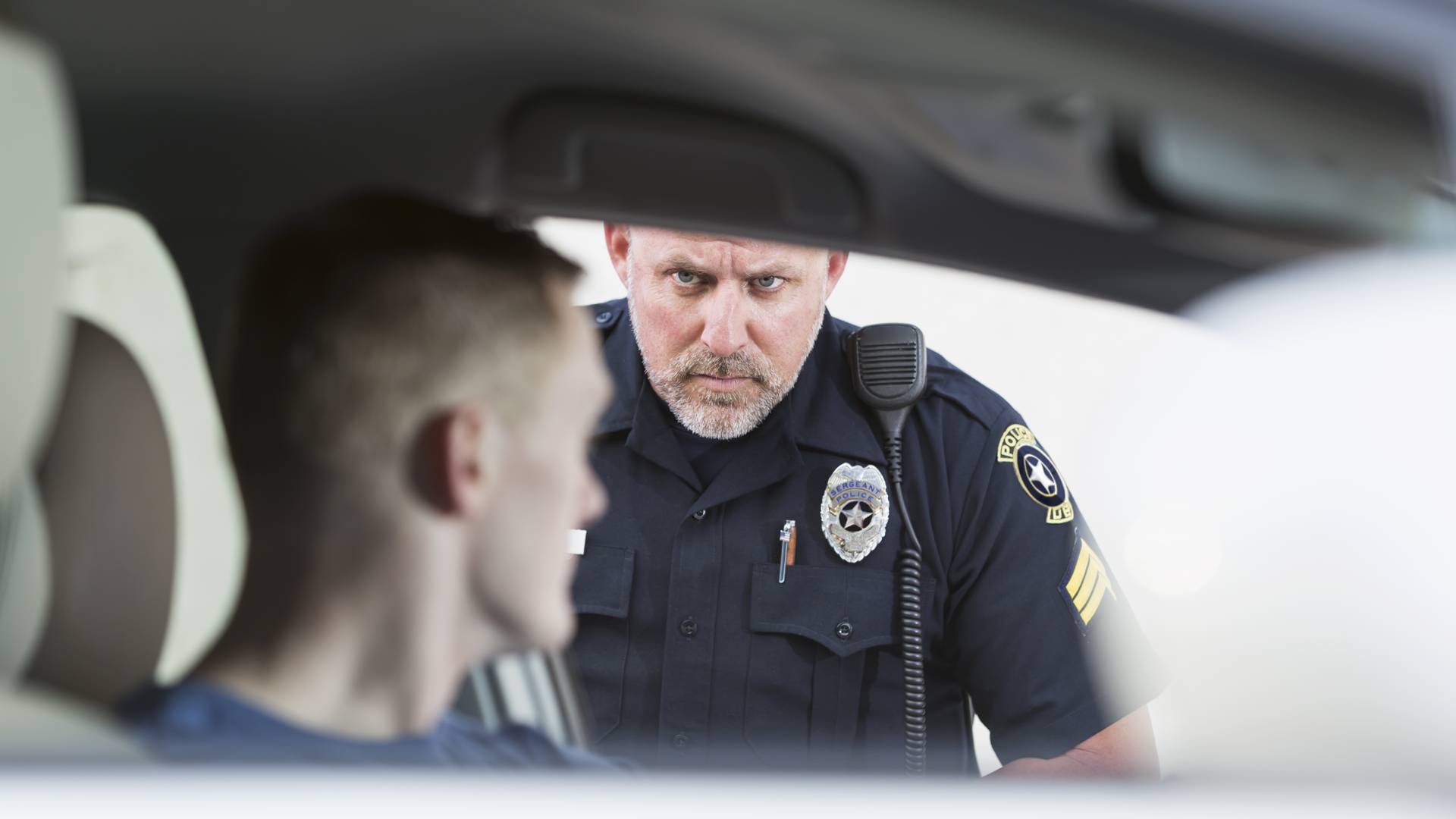Starting July 1, 2025, Minnesota’s DWI laws are getting significantly tougher. Under legislation known as HR2130, the state has expanded its look-back period for revocations and imposed stricter ignition interlock and treatment requirements for repeat offenders.
These changes may affect thousands of Minnesotans, including drivers with DWI convictions from decades ago.
Here’s what you need to know.
The Look-Back Period For License Revocations Is Now 20 Years
Under the new law, Minnesota can now consider DWI convictions from the past 20 years (up from 10) when determining the length of your driver’s license revocation. This change affects the civil/administrative side of a DWI case — it does not change how prior offenses are counted for criminal charging purposes.
For example, a second DWI offense within 20 years will now carry a mandatory two-year license revocation period, even if your prior offense was more than 10 years ago. That means older convictions, which previously would not have increased your revocation time, can now result in years-long loss of driving privileges and mandatory ignition interlock requirements.
License Revocation and Cancellation Periods Are Much Longer
HR2130 extends administrative penalties for repeat offenses. The updated structure now includes:
- Second DWI in 20 years: Mandatory 2-year revocation
- Third DWI in lifetime: Mandatory 6-year cancellation
- Fourth DWI in lifetime: Mandatory 10-year cancellation
These penalties are not negotiable. Once your driving privileges are canceled, you must reapply for a new license, which often involves ignition interlock, chemical dependency treatment, and a long period of documented sobriety before full reinstatement is even considered.
Test Refusal and Temporary License Periods Have Changed
If you refuse a chemical test, your license will still be revoked under Minnesota’s Implied Consent law. However, the temporary driving period has been extended: you now have 14 days of temporary driving privileges after a test refusal (previously just 7 days)
This gives you a slightly longer window to challenge the revocation or enter the ignition interlock program, but waiting too long to act can still lead to a full suspension.
Interlock and Treatment Are Now Mandatory in Most Repeat Cases
In the past, drivers with two or more DWIs could sometimes avoid long-term ignition interlock or formal treatment if their circumstances were favorable. That’s no longer the case.
Now, if you're convicted of a second or subsequent DWI, you’ll be required to:
- Install and maintain an ignition interlock device
- Complete a licensed treatment or rehabilitation program
- Remain violation-free throughout the interlock period, or risk an extension
If you violate interlock conditions, including blowing over 0.02 or being convicted of a separate alcohol offense, your required time in the program may restart, and full license reinstatement will be delayed.
Why This Matters — and What to Do If You've Been Arrested
HR2130 brings Minnesota in line with some of the strictest DWI enforcement policies in the country. A prior DWI from 15 or 18 years ago could now put you at risk of years-long license loss and mandatory treatment.
The only way to avoid or reduce these consequences is to act early and, ideally, before charges are formally enhanced or a revocation takes effect.
Tamburino Law Group Is Ready to Help
At Tamburino Law Group, we understand how these changes impact real people, and we know how to fight back. Our attorneys include Board Certified Criminal Law Specialists and former prosecutors who have successfully defended hundreds of clients against DWI charges, including enhanced and felony-level cases.
If you’ve been arrested for DWI or have priors on your record, contact us today. We’re here to protect your license, your record, and your future




.2407131209550.png)





